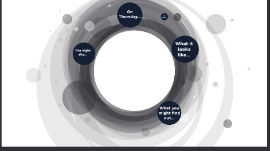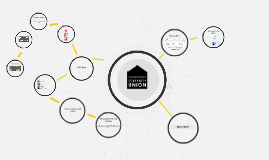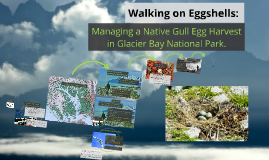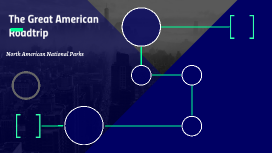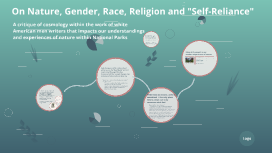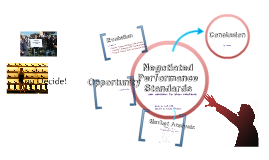NPS research presentation
Transcript: On Nature, Gender, Race, Religion and "Self-Reliance" A critique of cosmology within the work of white American men writers that impacts our understandings and experiences of nature within National Parks Christian Scientists and the Scientific Revolution (17th c) Scientific Revolution deepens the constructed link between Christian understandings of nature, womanhood, and morality. Dualism is a problem. "It treats nature as a female to be tortured through mechanical inventions" - Merchant on FB's Christian philosophy of science Ideas still present in our modern experiences of nature What's the point? - The assumptions that color our understandings of race, gender, Christianity, and nature are neither natural nor universal. - In fact, they are often actively harmful to human beings as well as the non-human world. - All of these modern ideas were constructed in tandem with each other over centuries of colonization, and when we understand how they were created we can also deconstruct them. The implications of these ideas about women and nature are not accidental; they allow white men of Christian heritage to consciously and unconsciously understand themselves as the dominators of all other living beings, including non-white people and women. Still impacts the National Park Service today (lawsuits, environmental policy). Zion National Park and the "sublime" Early European settlers ideas about wilderness in the 'New World' are first constructed through Christian discourse, but the concept changes over centuries of colonization in America "Wilderness is quite profoundly a human creation" - William Cronon. Without a population that feels separate from nature, wilderness does not exist. Industrialization, secularization, and westward expansion all contribute to this changing definition of wilderness. “Gender, the bundle of habits and expectations and behaviors that organizes people and things according to ideas about the consequences of sexed bodies, is a crucial, deep, and far-reaching medium through which we encounter nature.” - Virginia Scharff, Seeing Nature Through Gender Colonization and women, wilderness, demons (17th c) Wilderness as chaotic, unholy, sexualized -> the only place where a man can truly commune with God Early European settlers like the Puritans viewed the world outside of their settlements as the chaotic, unholy abode of witches, devils, and demons. Gendered and racialized myths are rampant in these early constructions of nature; they never fully go away. Excerpted from Carolyn Merchant's The Death of Nature How does this change happen? - Through centuries of colonization, indigenous displacement, renegotiations of the Christian experience, and the heavy intellectual lifting of white men writers like Emerson, Thoreau, and John Muir - Muir actively and successfuly advocates for the institutionalized preservation of "public land" - Emerson's essay "Self-Reliance" in particular argues for that a man can only be a real Christian when living "alone" in "nature" (ironic) Logo






